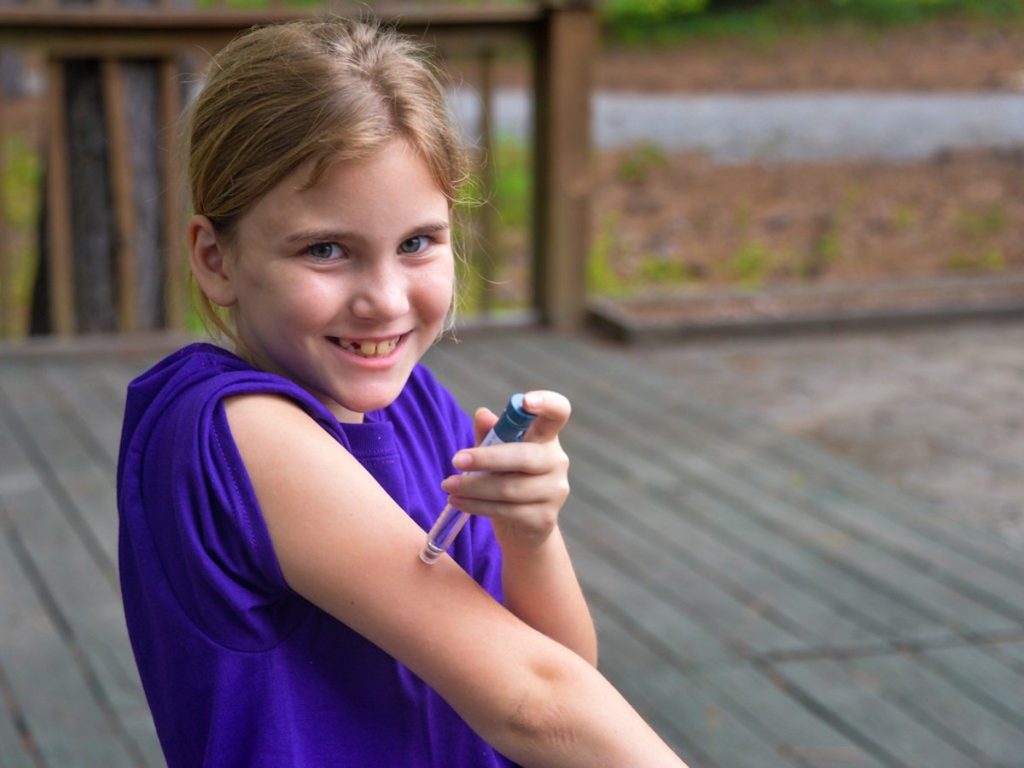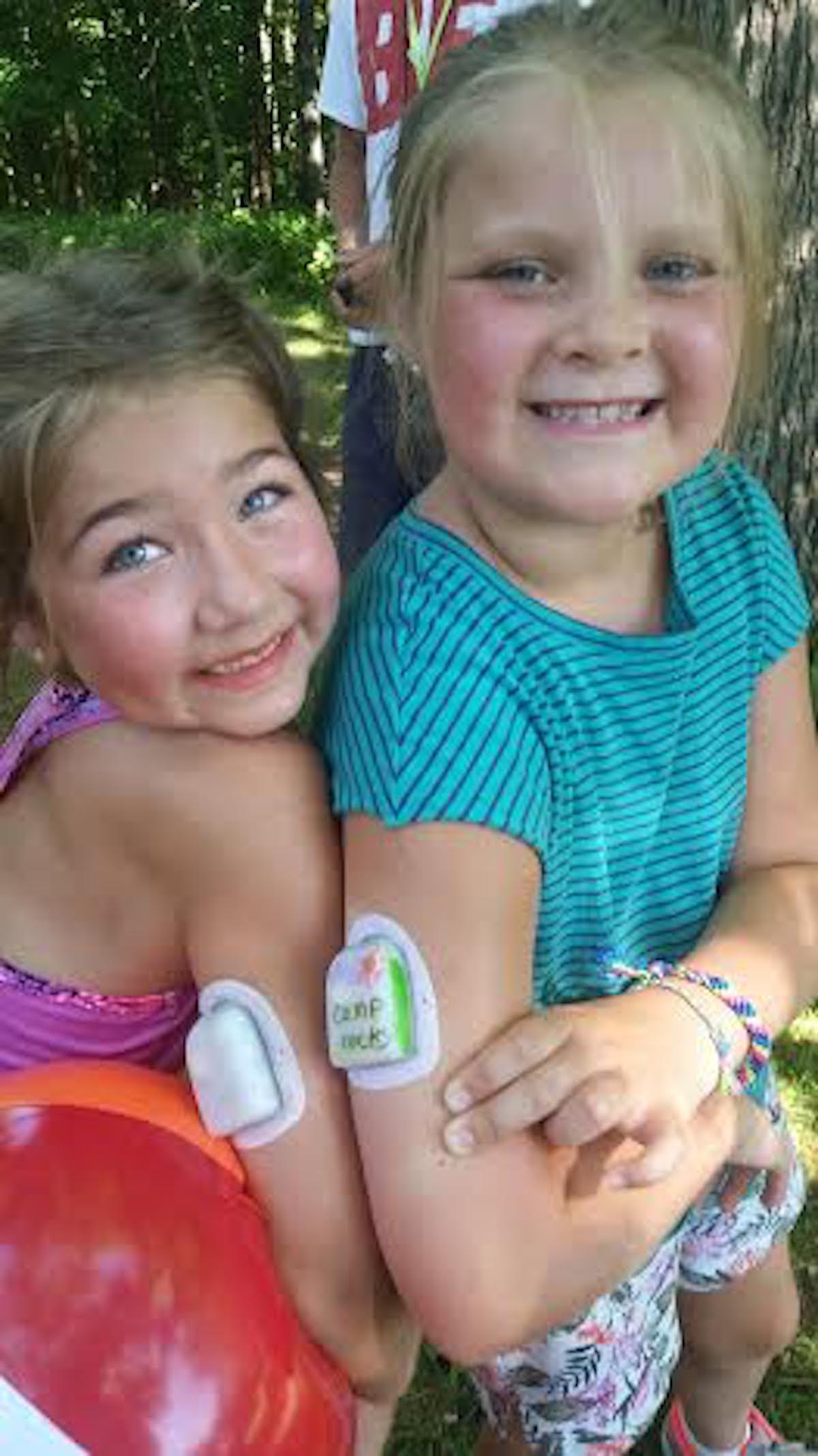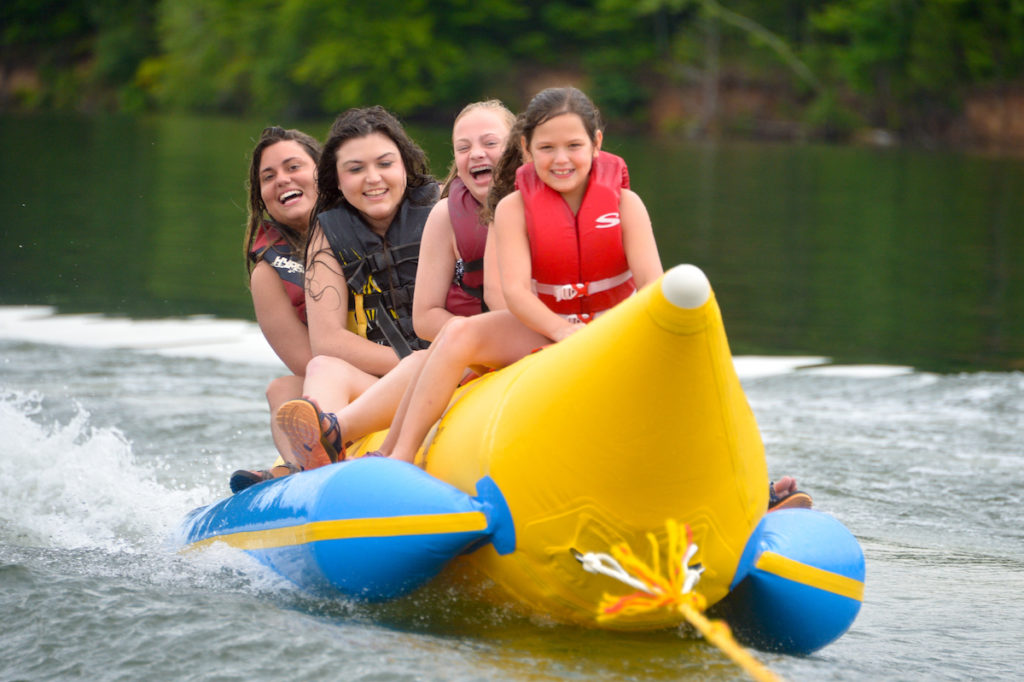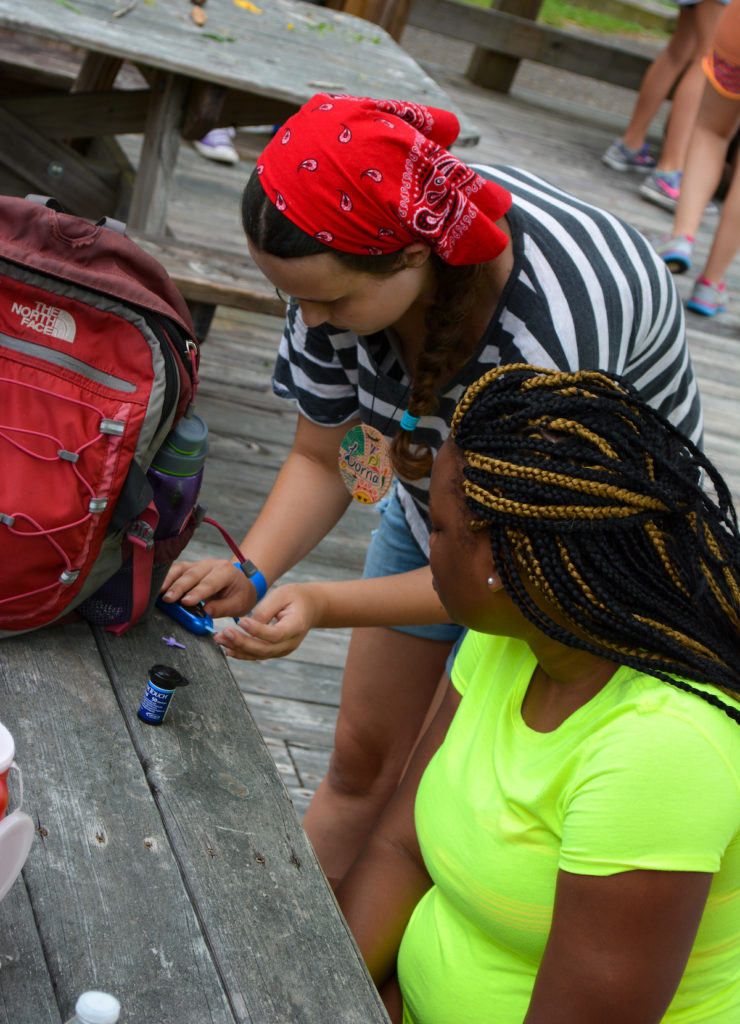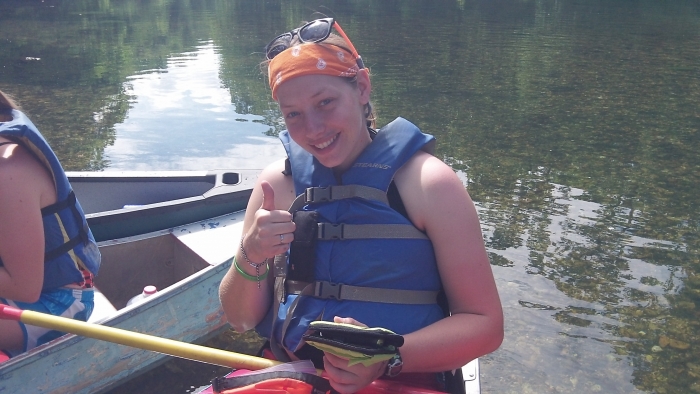Questions You Should Ask of Your Child’s Camp (FAQ)
There are a few screening questions you can ask to see if a camp can meet your child’s needs. In brief, make sure you are satisfied with the answers to the following questions:
- Do you conduct background checks, obtain references from non-family members and interview all staff?
- How do you train counselors and other staff to care for my child’s diabetes needs?
- How do you train and prepare counselors and other staff to care for my child’s emotional and physical well-being?
- May I review your parent guide from last year?
- What are the credentials of the camp director and medical director?
- Is your camp ACA accredited?
Yes, all diabetes camps should be staffed with trained professionals who understand and can render expert diabetes care to youth with diabetes.
DECA’s member camps are typically affiliated with major diabetes centers and diabetes professionals – endocrinologists, diabetes educators, mental health professionals and dietitians – who volunteer to coordinate and work at camps. In addition, counselors, most of whom have diabetes and were campers themselves in youth, serve as role models.
It is important for parents to look for camps who follow the American Camping Association (ACA) standards for camps, which ensures on site medical expertise of a general nature. For diabetes care, you can ask the following questions:
- How many CDE’s (or CDE equivalents) are there for how many children?
- Does a licensed RD work on the nutrition and meal planning aspects of camp?
- How are endocrinologists and general physicians involved when camp is in session?
The American Camp Association standards minimum counselor age is eighteen, and this is the guideline that DECA recommends diabetes camp follow. DECA member camps typically have counselor or leader-in-training programs for their former campers who are sixteen and seventeen, who, if they successfully complete the program, become full counselors. It is pretty common to have counselors that range from a minimum of eighteen through their twenties. Some camps have medical, pharmacy, dietary and nursing students as counselors. Some camps have counselors who are adults well into their 30’s and 40’s.
Yes, many counselors know about diabetes because they have it, or have a family member with it. All counselors, including people who live with diabetes themselves, should go through rigorous training before camp to learn accepted diabetes management practices in the camp setting. You have every right to ask about the training that camps provide to their staff.
DECA recommends one licensed health care provided for every 8-12 campers.
Yes, depending on the camp, there are pediatric endocrinologists, endocrinologists, general pediatricians, pediatric residents and others who volunteer their time. Ask your camp to verify.
Ensure that your camp’s staff are trained to handle camper’s emotional needs during camp. Many camps have mental health staff available on site for special circumstances. The most important thing is for you to share any and all concerns, behaviors or special circumstances about your child before he or she arrives at camp, so that the Camp Director, healthcare team and counselors are prepared to make the experience the best it can be for your child. Transitions are important and pre-planning can really help!
Communication between parents and the camp varies depending on location, cell service, phone availability, mail service, etc. The attention of camp leadership is usually on the campers and present activities. Therefore the Camp Director is rarely sitting in an office to accept calls immediately. Check your camp’s parent guides and website for more information. However, if you have a specific concern or need to reach the camp regarding your child, an emergency contact is always available. If you call and leave a message about an urgent matter, you should expect your call to be returned within 2 hours. If your child is at an adventure camp and out of cell service, emergency response has been pre-determined. Check adventure camp materials for details.



